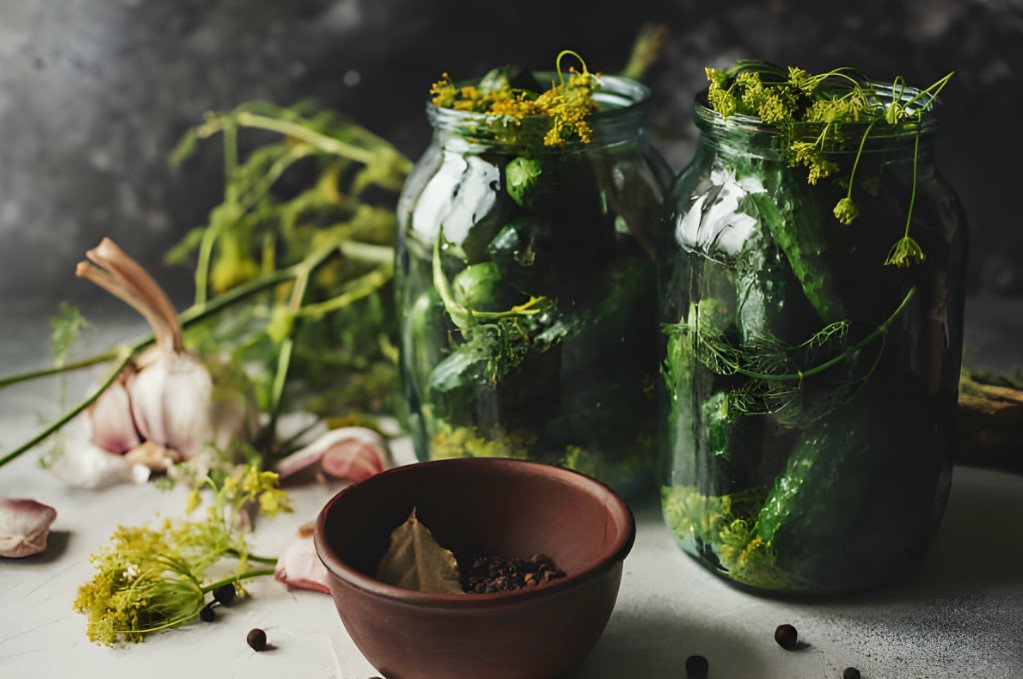Business
Ensuring Product Quality and Consistency in Plant Extract Manufacturing: Best Practices

Plant extracts are widely used in various industries, including pharmaceuticals, cosmetics, food and beverages, and nutraceuticals, due to their numerous health benefits and therapeutic properties.
However, maintaining product quality and consistency in plant extract manufacturing can be challenging due to factors such as variability in plant sources, extraction methods, and processing conditions.
To address these challenges and meet the growing demand for high-quality plant extracts, manufacturers must implement robust quality assurance and control measures throughout the production process. This article will explore key strategies that a plant extract manufacturer can adopt to ensure product quality and consistency.
1. Source Selection and Traceability
The quality of plant extracts starts with the selection of high-quality raw materials. Manufacturers should source plant materials from reputable suppliers who adhere to good agricultural and collection practices (GACP).
It’s essential to establish traceability systems to track the origin of raw materials from cultivation or wild harvesting to the manufacturing facility. This ensures transparency and accountability throughout the supply chain and helps prevent adulteration or contamination.
2. Standardized Extraction Processes
Standardization of extraction processes is critical for ensuring consistency in product quality and potency. Manufacturers should develop and validate standardized extraction methods based on scientific principles and empirical data.
Factors such as solvent selection, extraction temperature, pressure, and duration should be optimized and controlled to maximize yield and quality while minimizing variability between batches.
3. Quality Control of Raw Materials
Implementing stringent quality control measures for incoming raw materials is essential to prevent the introduction of contaminants or adulterants into the manufacturing process.
Raw materials should undergo rigorous testing for identity, purity, potency, and microbiological contamination before being accepted for use. This may include visual inspection, organoleptic evaluation, microscopy, chromatographic analysis, and microbial testing.
4. Process Validation and Optimization
Manufacturers should conduct process validation studies to ensure that extraction processes consistently produce plant extracts of the desired quality and potency. This involves systematically evaluating and optimizing critical process parameters to achieve reproducible results. Process validation also helps identify potential sources of variability and implement corrective actions to maintain product consistency.
5. Quality Assurance Testing
Quality assurance testing should be performed at various stages of the manufacturing process to monitor product quality and compliance with specifications. This includes in-process testing of intermediate products, as well as final product testing before release for distribution.
Analytical techniques such as high-performance liquid chromatography (HPLC), gas chromatography (GC), mass spectrometry (MS), and spectroscopy are commonly used to assess the identity, purity, and potency of plant extracts.
6. Good Manufacturing Practices (GMP)
Adherence to good manufacturing practices (GMP) is essential for ensuring product quality, safety, and consistency in plant extract manufacturing. GMP guidelines provide comprehensive requirements for the design, operation, and control of manufacturing facilities, equipment, processes, and personnel.
By implementing GMP standards, manufacturers can minimize the risk of contamination, cross-contamination, and mix-ups, while ensuring compliance with regulatory requirements.
7. Quality Management Systems (QMS)
Establishing a robust quality management system (QMS) is essential for maintaining consistent product quality and continuous improvement in plant extract manufacturing. A QMS encompasses quality policies, procedures, documentation, training, and quality control measures aimed at achieving and sustaining excellence in product quality and customer satisfaction.
Regular internal audits and management reviews help identify areas for improvement and ensure compliance with quality standards.
8. Stability Testing
Conducting stability testing is critical for evaluating the long-term stability and shelf-life of plant extracts under various storage conditions. Stability studies assess the physical, chemical, and microbiological properties of the product over time to determine its stability profile and expiration date.
This information is essential for establishing storage and handling recommendations and ensuring product efficacy and safety throughout its intended shelf-life.
9. Supplier Qualification and Audits
Manufacturers should establish criteria for selecting and qualifying suppliers of raw materials, excipients, and packaging materials. Supplier qualification involves assessing suppliers’ capabilities, quality systems, compliance with regulatory requirements, and track record of performance. Regular supplier audits and ongoing monitoring help ensure that suppliers maintain high standards of quality and reliability.
10. Continuous Improvement and Innovation
Finally, manufacturers should embrace a culture of continuous improvement and innovation to stay ahead of evolving customer needs, market trends, and regulatory requirements. This involves investing in research and development, technology upgrades, and process optimization initiatives aimed at enhancing product quality, efficiency, and competitiveness.
Achieving Excellence in Plant Extract Manufacturing
Ensuring product quality and consistency in plant extract manufacturing requires a holistic approach encompassing stringent quality control measures, standardized processes, adherence to regulatory requirements, and a commitment to continuous improvement. By implementing these best practices, manufacturers can produce high-quality plant extracts that meet the needs and expectations of consumers and contribute to their health and well-being.
-

 Sports4 weeks ago
Sports4 weeks agoMore Than Just a Game: How College Sports Can Shape Your Future
-

 Tech3 weeks ago
Tech3 weeks agoAI Software: Transforming the Future of Technology
-

 Tech3 weeks ago
Tech3 weeks agoAll About Com. Dti. Folder Launcher: Features, Benefits, Tips, And More
-

 Kitchen3 weeks ago
Kitchen3 weeks ago5 Important Aspects of Kitchen Renovation to Take into Account













